Air freight rates remain high as many challenges
Air freight rates will continue to remain high as capacity and ground handling challenges persist.

Air freight rates remain high (Image: ACI)
This is the conclusion from the World Cargo Summit Air Cargo Market Update & Outlook, focusing on the market outlook for 2022 and beyond, hot spots for growth and the outlook for cargo charters.
Niall van de Wouw, managing director at CLIVE Data Services, said the company's data comparing the fourth quarter of 2021 with the same period in 2019 shows that air freight rates continue to rise globally, on average 2.5 times higher than before Covid.
Cargo handling has become more challenging because of the challenges ground handlers face in loading/unloading goods. This leads to bottlenecks, affecting output.
“The difficulty in getting goods from A to B pushed up the rates to unprecedented levels.”
In the first two weeks of January 2022, compared to the same period in 2021, air freight rates have increased by more than 40%.
“Looking ahead we currently see no fundamental changes in the dynamics that are causing these rates to be at these levels that we expect any easing soon.”
Abel Alemu, managing director, Ethiopian Cargo & Logistics Services, added that Covid-related labor shortages and quarantine restrictions "will keep capacity tighter for longer” and this may result in “persistently elevated airfreight rates.”
He added that capacity reductions would also contribute to "upwards pressure on airfreight rates”.
Many players in the air transport industry find that spaces are fully booked while demand persists.
The company has managed this by using internally controlled capacity including Bluebird Nordic 737s and Magma Aviation 747s, along with third-party carriers, said Reto Hunziker, director of freight for freighter Chapman Freeborn.
Konstantin Vekshin, chief executive officer of Volga-Dnepr Corporation, said the company has resumed operations of the Antonov 124-100 in 2021, but a fleet of 12 aircraft with an estimated life of 10-12 years is a concern.
Ethiopian Airlines Group is working with Israel Aerospace Industries (IAI) to launch the B767-300ER freighter conversion line in Ethiopia. Alemu confirmed that Ethiopian Cargo also currently has 20 cargo planes.
Ground handling support related to staff shortages and limitations is a major concern.
Alemu pointed out that some airports in Europe have said they will not handle cargo planes, while ground handlers in the US also have restrictions.
Hunziker said Chapman Freeborn has faced canceled flights and delays in cargo clearance from airports by up to five days. “We have very big challenges with preighters especially out of China and Kong Kong both into Europe and the US.” As a result, there has been a shift to Vietnam and Korea, where the company has long-term operated with cargo planes.
Vekshin added that Volga-Dnieper will wait for Chinese legislation this year following the country's restrictions on cargo planes. “If they’re sticking to their plans that maybe a game changer for the industry, at least for 2022…as it will affect all of us.”
According to Hunziker and Alemu, demand for pharmaceuticals, PPE and e-commerce will continue to be strong drivers for the air freight industry.
Alemu said that in the second half of 2021 the main trade shipping routes are China-Europe, China-Latin America and Southeast Asia-US. The company experienced massive growth in Southeast Asia and recorded the largest expansion in Latin America.
Hunziker said growth was already recorded worldwide in 2021 with China being the driving force for this.
Van de Wouw said US growth was up 30% in 2021 compared to 2020 when it was hit hard by Covid. Growth of APAC remains high in 2020 due to PPE trade, growth in 2021 is not high.
He explained that the Europe to US market is much stronger than the US to Europe market, and that the Asia Pacific to US market "dwarfs" to Asia Pacific market.
While sea freight congestion continues and reduced capacity is driving demand for air freight. The airline industry has no control over these factors, van de Wouw said.
He thinks that when passenger demand returns, "things will get worse", there will be less room for cargo and the pressure on capacity increases, but he thinks that's the case won't happen anytime soon.
Read more:
- FedEx forecasts air freight capacity will continue to short in 2022
- Air freight rates hit record highs
- Air freight rates skyrocketed due to the difficulties of sea freight
- Air freight market expects an exciting peak season to come
- Maersk kicks off air freight services
Source: Phaata.com (According to AircargoNews)
Phaata - Vietnam's First International Logistics Marketplace
► Find Better Freight Rates & Logistics Services























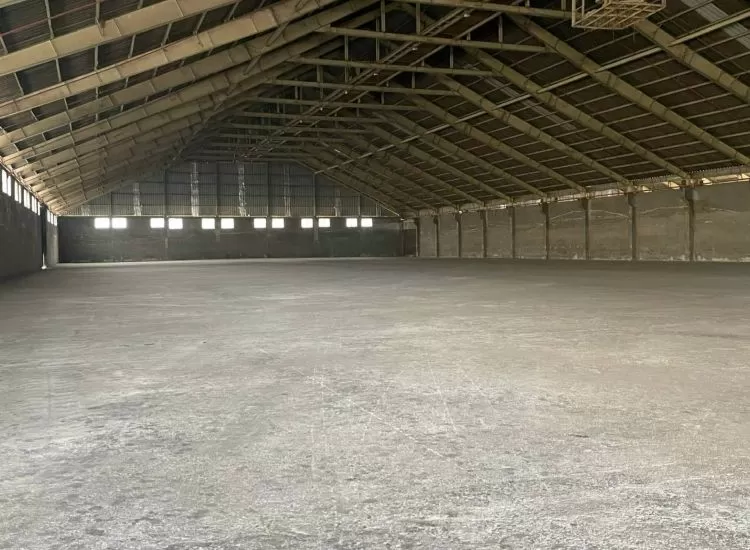
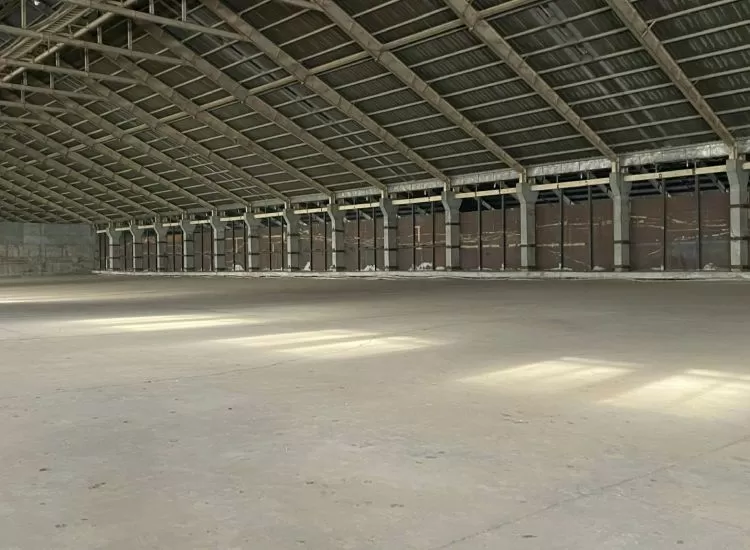

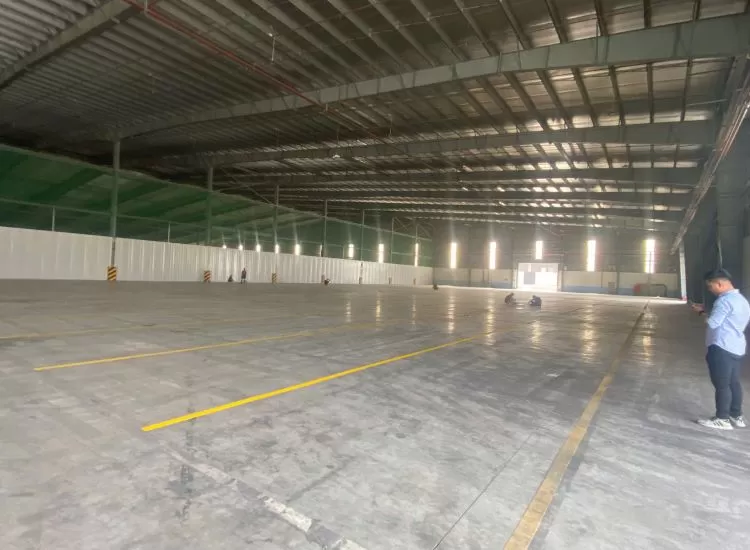

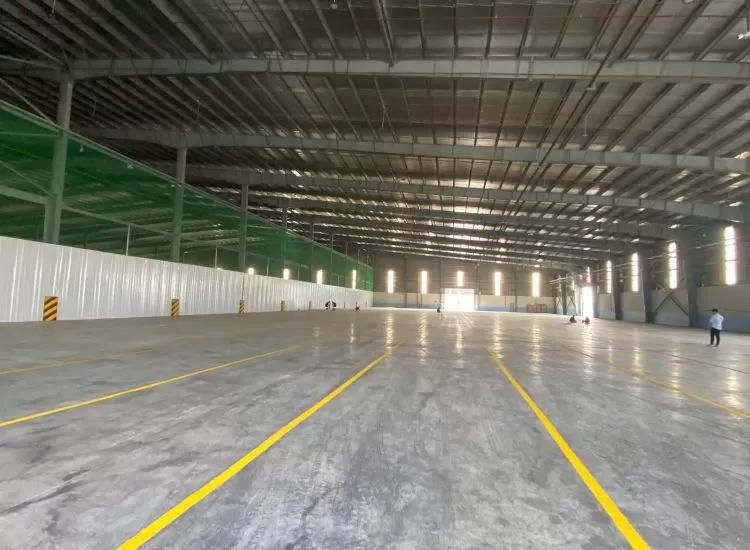
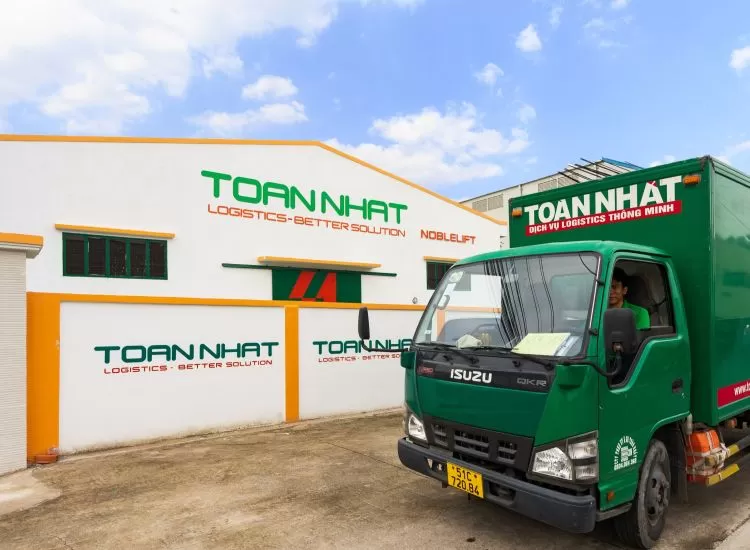
.webp)
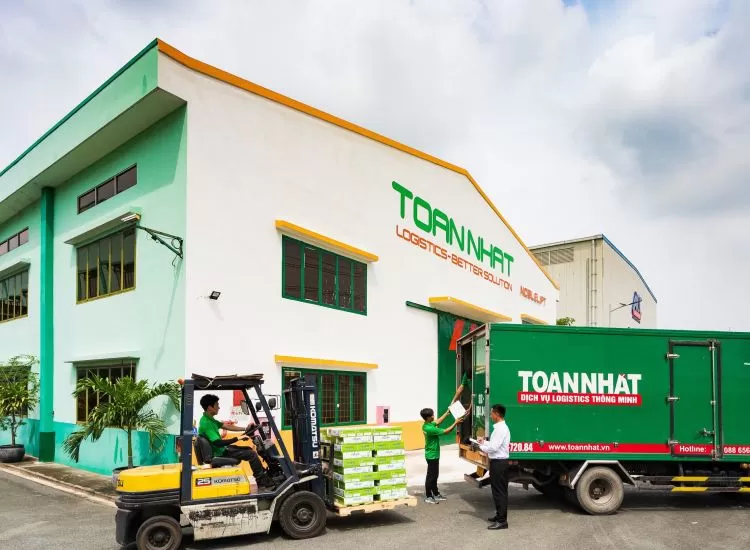
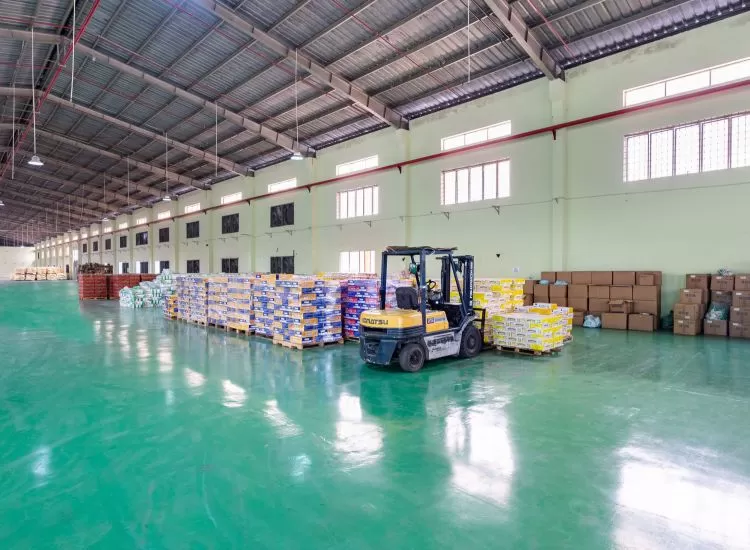
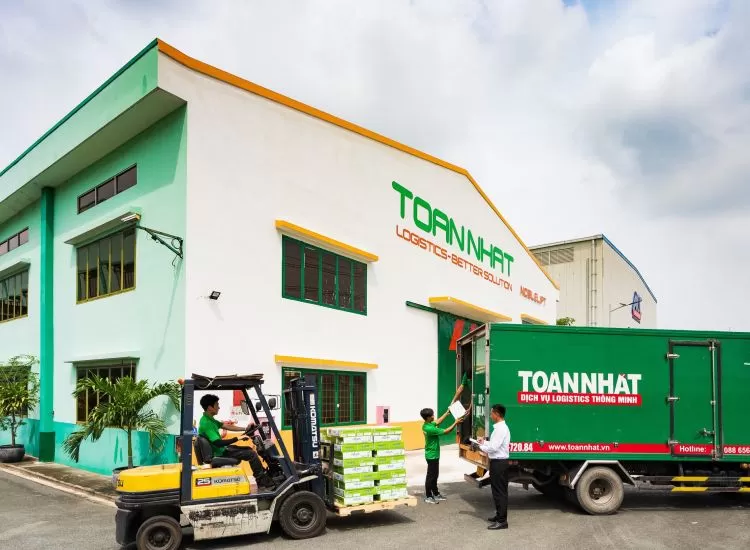
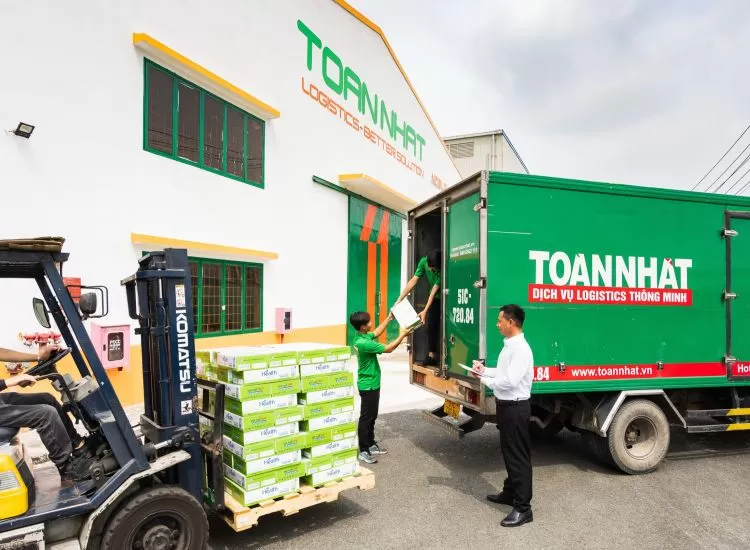




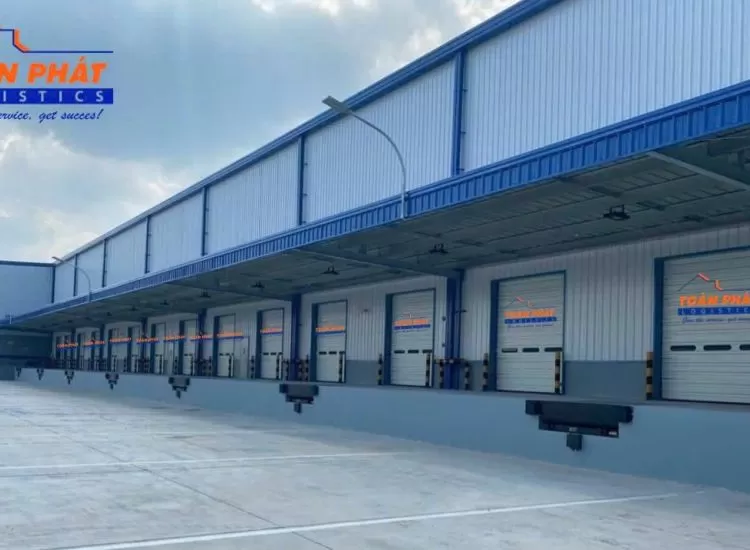

.webp)